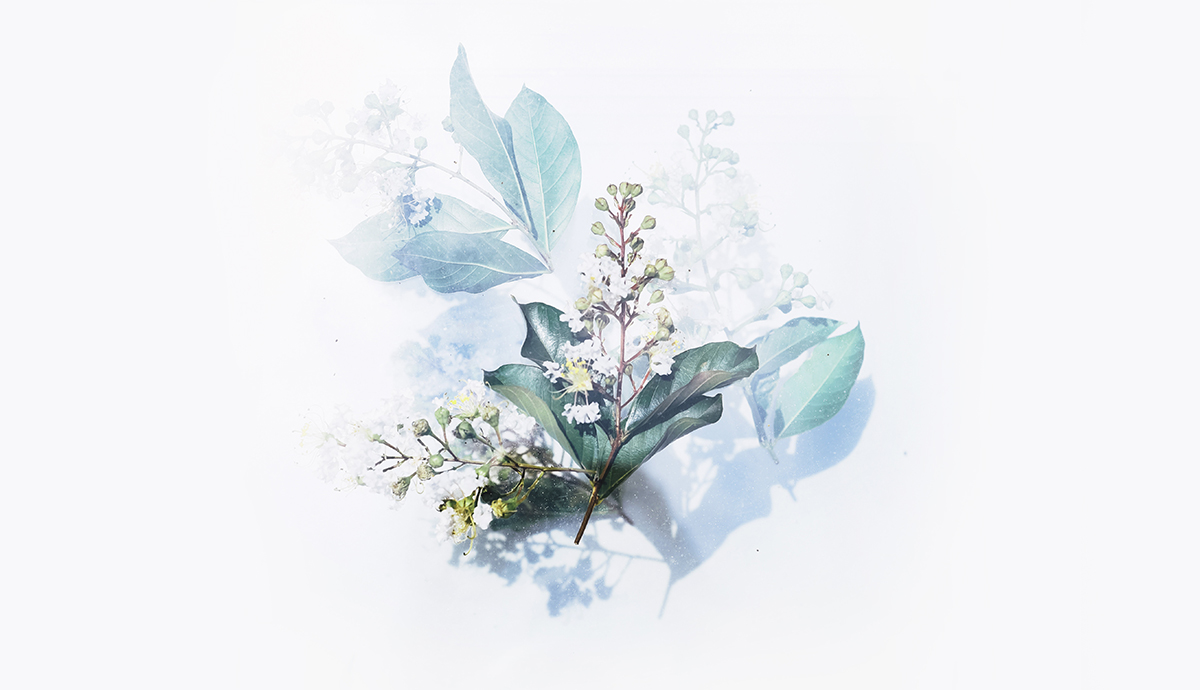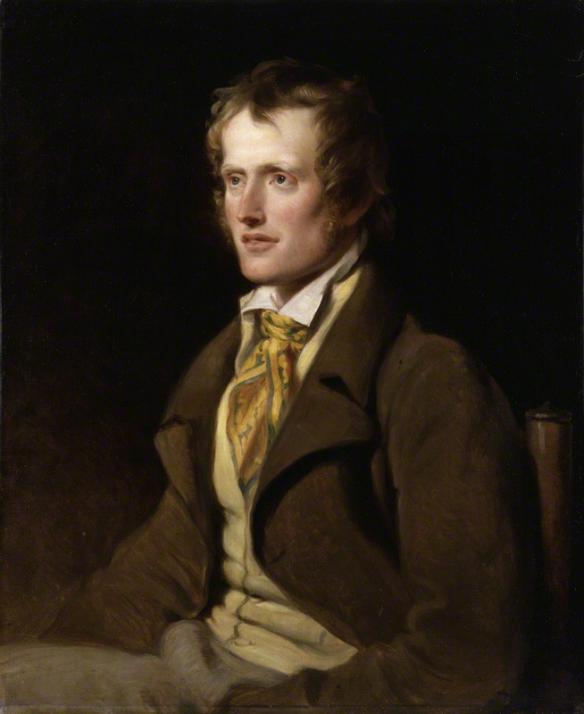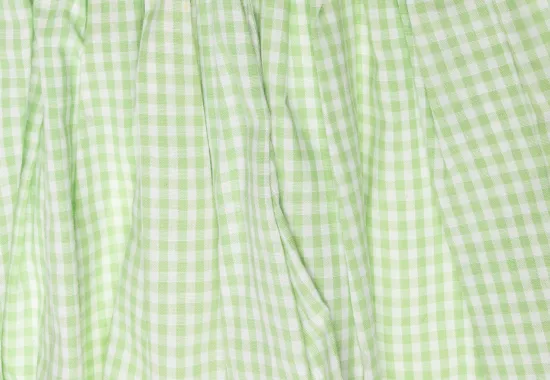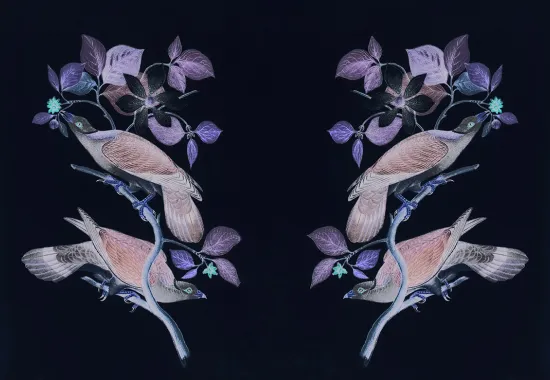Some Thoughts about John Clare
I’m writing this post—and a few other things—on my first summer day of liberation from teaching and administration, and it feels wonderful! Of course, by the time this post appears (in a month), the summer will feel half over—it will indeed be half over, as classes start mid-August. But for the moment, I’m reminded that writing is fun, especially when it’s not squeezed into the hour here or there available during the school year. And that I’m lucky to be able to write poems and prose, and have someone read what I write.
"Writing a book of poetry is like dropping a rose petal down the Grand Canyon and waiting for the echo," said humorist Don Marquis, more famous for his cockroach and alley cat pair, Archy and Mehitabel. But I tell my students what I tell myself, write because you love it, because it’s what you do.
In preparation for a Vermont College lecture on punctuation, I’ve been reading Jonathan Bate’s wonderful biography of romantic poet John Clare (1793-1864), and I’m struck by how some things about the poetry business haven’t changed since 1815. Clare was a farm laborer and the son of a farm laborer, whose mother could not read or write, yet he seems to have been born craving poetry—spending his scarce wages on books and writing when he could on whatever paper he could find. His parents discouraged him from writing, but they enjoyed hearing him recite poetry, so he’d pretend he was reading someone else’s work and gauge his success by his parents’ reactions. When Clare was “discovered” it was in part due to his own striving to find an audience for his poems. His first potential publisher not only demanded Clare procure subscribers but then added the stipulation that Clare pay a fee in advance of printing. Clare backed out and found a better, more legitimate deal, submitting to management by his publisher John Taylor, although Clare is famous for saying, “grammar in learning is like tyranny in government - confound the bitch I'll never be her slave” (and Taylor largely respected Clare’s idiosyncratic grammar and punctuation).
Clare’s renown changed his life, enabling him to buy more books and correspond with the poets he admired, some of whom died in poverty as Clare later did. Interestingly, John Keats, the son of a cockney stable-keeper, exchanged letters with Clare when Clare’s star was rising and Keats’ had not really been noticed.
Clare’s acclaim is clearly not just based on the unusual phenomenon of a farm laborer making poems in local dialect. Clare had a lyric gift, and he went on to produce thousands of poems (his collected works take up a shelf in the library), even during the last 27 years of his life when confined in insane asylums.
Here’s the end of “Decay,” about a poem about writing poems. I’ve cut and pasted it from Poem Hunter which has it punctuated conventionally— but I removed the punctuation. Although I’m not sure exactly how this one appears in the Collected Poems, I’m fairly confident what’s below is more accurate than the semi-coloned version on Poem Hunter.
So Poesy is on the wane
I hardly know her face again
And Friendship it hath burned away
Like to a very ember cooling
A make-believe on April day
That sent the simple heart a-fooling
Mere jesting in an earnest way
Deceiving on and still deceiving
And Hope is but a fancy-play
And Joy the art of true believing
For Poesy is on the wane
O could I feel her faith again
Is Patricia Lockwood our era’s John Clare? If some things haven’t changed about the poetry business in 200 years, what has? I invite you to name some, theorizing about the difference they make. I’ll end by saying I’m glad I can earn my crust teaching instead of farm laboring or paper pushing or waiting on tables, even if it does mean squeezing a year’s writing into two short summer months.
Natasha Saje is Professor of English at Westminster College in Salt Lake City, and a long-standing faculty member at the Vermont College of Fine Arts MFA in Writing Program. She is the author of three books of poems, Red Under the Skin, Bend, and Vivarium, and a book of essays about poetry, Windows and Doors: A Poet Reads Literary Theory, out from the University of Michigan Press this fall. Natasha is featured in issue 296.1, Winter 2011. www.natashasaje.com
Portrait/Author/Source: John Clare/William Hilton (d. 1839)/National Portrait Gallery, London: NPG 1469.
Recommended
The Shirt
After Hearing David Rothenberg Sang with Birds
Frothing Pink Poodle Droppings







